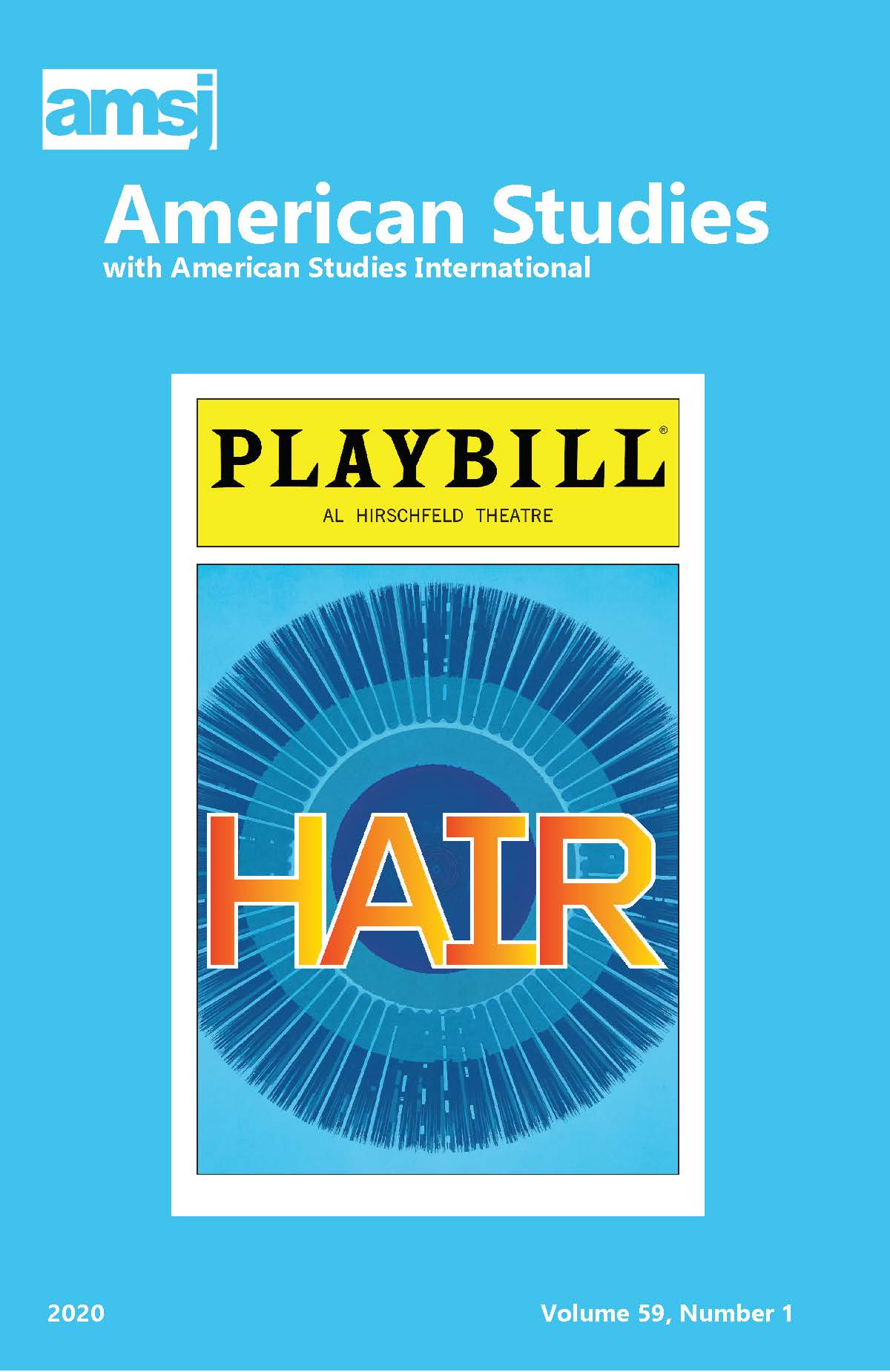Аннотация
This essay confronts the questions about propriety that surround two films about slavery, Quentin Tarantino’s Django Unchained and Steve McQueen’s 12 Years a Slave. In contrast to popular critics who have seen the films as politically problematic, I argue that they are in fact about the immense political problems of anyrepresentation of slavery on screen. I contend that these films disrupt the familiar narrative matrix through which slavery is usually processed—in particular, they break nwith what I call the “Neo-Abolitionist” film genre: historical films such as Amistad, Lincoln, or The Help, which model white redemption through the narrativization of black suffering and the enclosure of violence into a kind of temporal shell which always frames it as over. This pseudo-woke liberal fantasia recently reached its apotheosis in the Oscars triumph of Green Book, in which the “re-humanization” of historical blacks serves, once again, to establish a cleansed whiteness for the moral present. Drawing on Ulysse Duitot, Leo Bersani, and Saidiya Hartman, I argue that Django and 12 Yearsseek to explode the Neo-Abolitionist film from within, disrupting its characteristic narrative (en)closure with discontinuities that make us confront the slave past as the crisis it is. Finally, I connect these films’ radical revisions of historical representation to a mediation on the temporal aporias of representation itself—slavery, functioning here as a limit case for the representation of historical violence, makes us see the way that violence always threatens to infect form itself, and in that strange way, to endure.
All items © Mid-America American Studies Association
Authors: If you prefer to remove your text(s) from this database please contact the editor.

